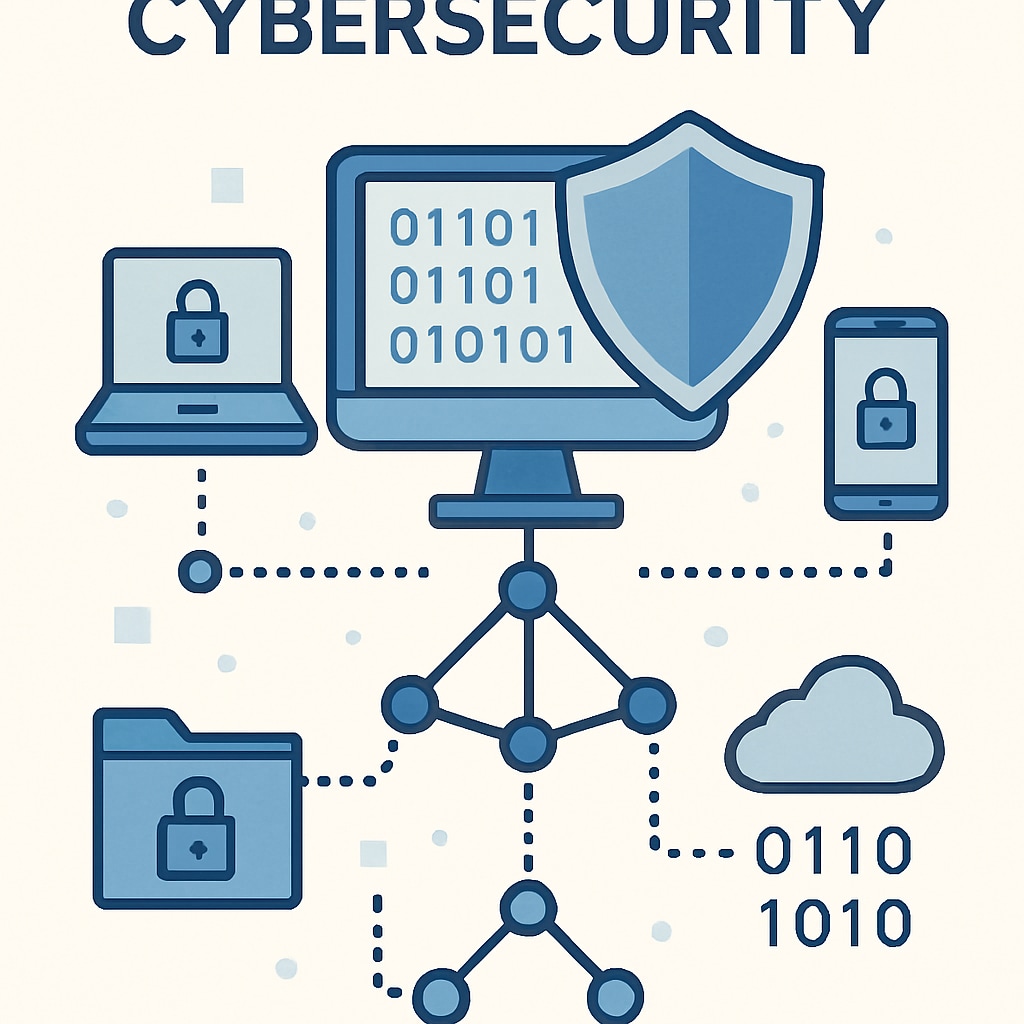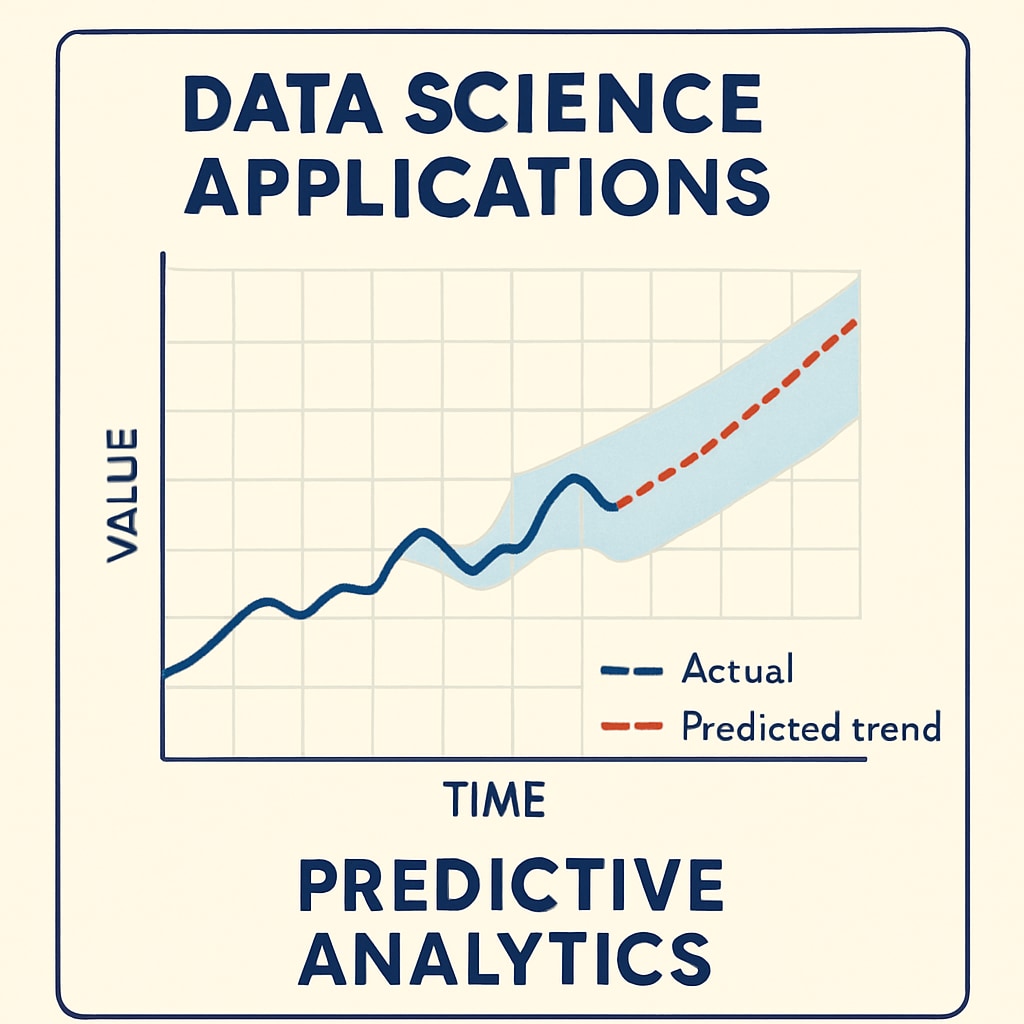In the rapidly evolving digital era, choosing between cybersecurity, data science engineering, career choices can be a pivotal decision for K12 students. Both fields offer promising career paths but require distinct skill sets, lifestyles, and professional goals. This article dives deep into these two domains, helping young learners envision their future and make informed decisions.
What Makes Cybersecurity and Data Science Engineering Unique?
Both cybersecurity and data science engineering are essential in today’s tech-driven world. Cybersecurity focuses on protecting systems, networks, and data from malicious attacks, ensuring digital safety. Meanwhile, data science engineering revolves around analyzing, interpreting, and extracting insights from large datasets to drive decision-making.
Key differences include:
- Cybersecurity: Involves risk management, ethical hacking, and safeguarding digital assets.
- Data Science Engineering: Relies on mathematics, programming, and machine learning techniques to process data.

Skills Required for Success
The skills needed for each field can help K12 students identify which aligns better with their interests:
- Cybersecurity: Requires knowledge of encryption, penetration testing, and network security protocols. Strong problem-solving and analytical skills are essential.
- Data Science Engineering: Involves proficiency in programming languages like Python or R, statistical analysis, and familiarity with tools such as TensorFlow or SQL.
While both fields emphasize technical expertise, cybersecurity leans more toward defensive strategies, whereas data science engineering focuses on innovation through data interpretation.

Job Prospects and Lifestyle Considerations
Career opportunities in both fields are robust, with high demand across industries:
- Cybersecurity: Roles include security analysts, penetration testers, and forensic investigators. These positions often require vigilance and quick response to emerging threats, making them fast-paced and dynamic.
- Data Science Engineering: Popular roles include data analysts, engineers, and machine learning specialists. These roles are more focused on innovation, strategy, and long-term projects.
In terms of lifestyle, cybersecurity professionals often work under pressure, especially during cyber incidents. Data scientists, on the other hand, enjoy a more structured workflow, with fewer emergency situations.
How to Choose the Right Path?
For K12 students, the choice between cybersecurity and data science engineering depends on personal interests and career aspirations:
- Cybersecurity: Ideal for students passionate about protecting systems and combating cybercrime.
- Data Science Engineering: Suitable for students interested in numbers, patterns, and solving complex problems through data.
Additionally, students should consider factors like work-life balance, job flexibility, and long-term growth opportunities.
Both fields offer promising futures, but matching one’s skills and interests is key to thriving in these domains. As the digital world continues to expand, careers in cybersecurity and data science engineering remain critical to shaping the future.
Readability guidance: The article uses short paragraphs, lists, and transitions such as “however,” “in addition,” and “for example” for clarity. Passive voice and long sentences are minimized to ensure readability.


